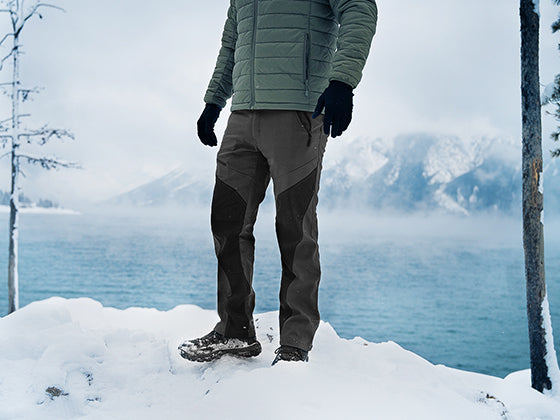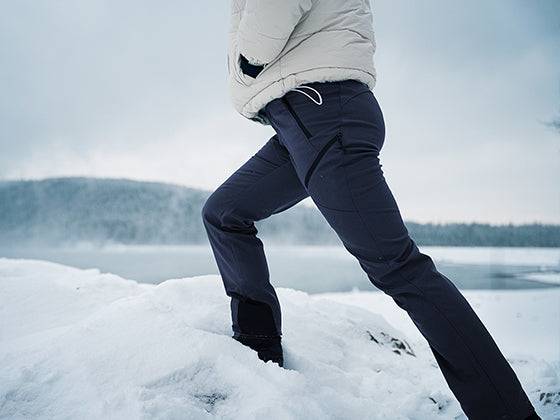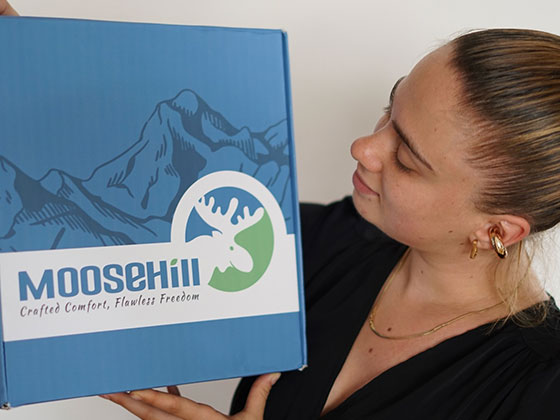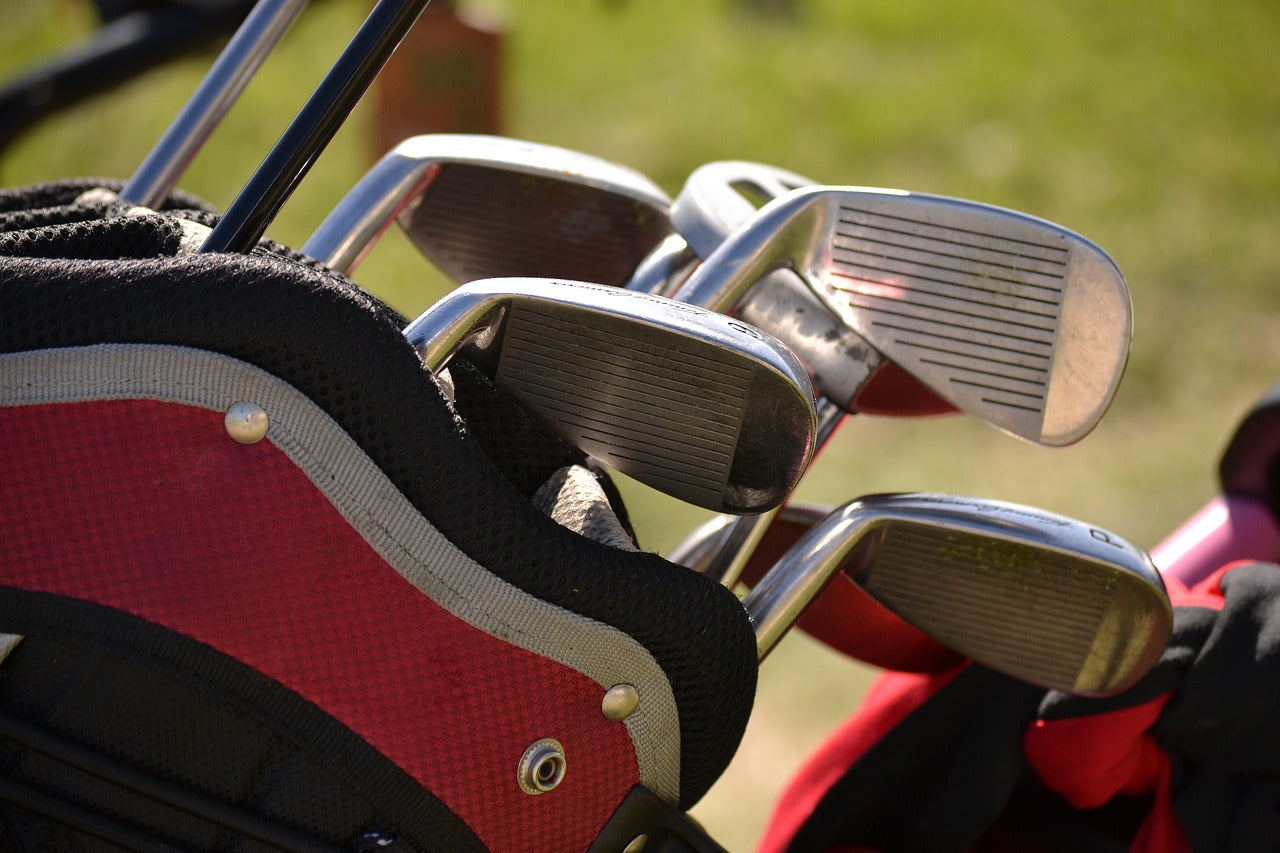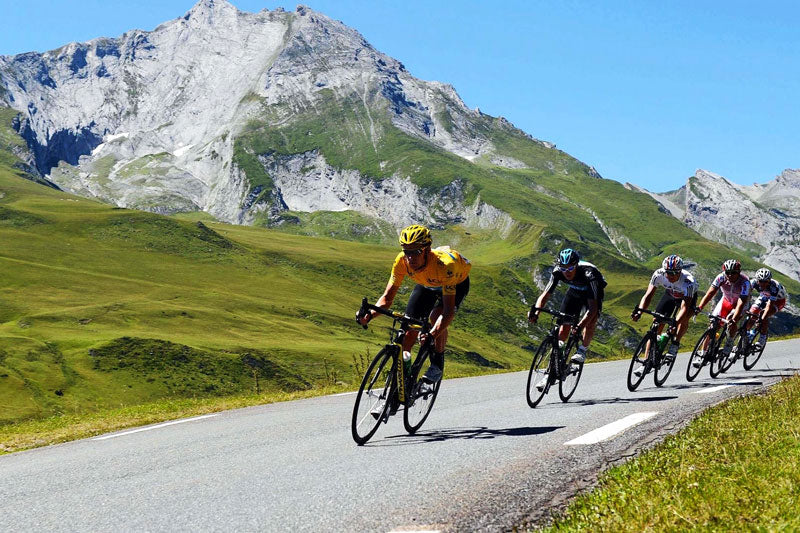Quali sono le tre abilità di base nell'escursionismo?
Escursionismo è un modo entusiasmante per trascorrere il proprio tempo libero, poiché è un esercizio fisico che consente di essere a contatto con la natura, interagire con il proprio io naturale e ammirare panorami meravigliosi.
Per garantire un'esperienza sicura e piacevole, è essenziale sviluppare e padroneggiare tre abilità di base per l'escursionismo: inclinazioni, forma fisica e, in generale, come muoversi nella natura senza danneggiare l'ambiente.
Avere informazioni adeguate e attrezzature appropriate, scarpe di qualità e abbigliamento da escursionismo comodo di Moosehill può migliorare la tua escursione.
Unisciti a noi in questo blog e esplora le tre abilità di base nell'escursionismo.

Navigazione: Trovare la tua strada
La prima cosa è pianificare il tuo percorso ed è il passo più importante per iniziare il tuo primo viaggio di escursionismo.
Uso di Mappe e Bussole
Due abilità che sono fondamentali nel processo di navigazione sono la lettura delle mappe e l'uso della bussola. Tutti questi strumenti menzionati sopra sono ancora oggi considerati utili strumenti tradizionali di base. Contengono caratteristiche come i cambiamenti di elevazione, le fonti d'acqua e i sentieri consigliati. Sapendo come leggere questi simboli e i contorni, puoi avere una visione adeguata del paesaggio e essere in grado di tracciare correttamente la tua direzione.
"Mentre la mappa ti mostra la direzione e la destinazione, la bussola ti assiste dicendoti la direzione. Comprendere come prendere e seguire i punti di riferimento è importante poiché ti consente di rimanere sul percorso giusto e questo è molto importante, soprattutto dove ci sono pochi sentieri o nessun sentiero."
GPS per automobili e altre attrezzature di navigazione digitale
Nonostante ciò, mancano alcune forme importanti di navigazione e allo stesso tempo, le attrezzature moderne sono molto utili per gli escursionisti. Sono state installate alcune app mobili come AllTrail e Gaia GPS, che sono dispositivi di tracciamento GPS; questi offrono tracciamento della posizione in tempo reale, monitoraggio dei progressi dell'attività e pianificazione delle mappe. Tuttavia, è fondamentale acquisire le competenze nell'uso degli strumenti di navigazione classici insieme a una consapevolezza delle carenze degli strumenti elettronici, come i malfunzionamenti dei dispositivi o la batteria scarica.
Scarica la mappa offline e la comprensione di base del GPS aumenterà la tua capacità di navigazione. Questo approccio differenzia tra i metodi convenzionali e quelli contemporanei di risoluzione dei problemi, così sarai pronto per una serie di possibilità e situazioni pratiche.
Pianificazione del percorso
In sostanza, una navigazione di successo inizia con la pianificazione del percorso che un potenziale mittente deve seguire. Prima di iniziare il sentiero scelto, familiarizzati con il suo percorso e la sua valutazione, che indica il grado di complessità, e calcola gradualmente il tempo necessario per affrontarlo all'intensità prevista della tua attività fisica. Questi includeranno la pendenza del terreno misurata attraverso il guadagno di elevazione, le condizioni meteorologiche prevalenti nel periodo dato oltre alla probabilità di occorrenza di pericoli.

Fitness Fisico e Forza:
L'allenamento della forza è lo sviluppo e il miglioramento graduale della capacità dei muscoli di esercitare forza e resistere allo stress il più a lungo possibile, comprese le lunghe periodi di sforzo esercitato.
Fitness Cardiovascolare
L'escursionismo ti sottoporrà a esercizi cardiovascolari perché comporta molto camminare, soprattutto su pendenze più ripide. Gli esercizi cardiovascolari che includono corsa, ciclismo e nuoto aumenteranno la capacità e la forza di camminare per lunghe distanze senza molta stanchezza. Secondo i consulenti per la salute, per migliorare e sviluppare ulteriormente la tua resistenza, punta a fare almeno 150 minuti di attività aerobica moderata in una settimana.
Allenamento della forza
Durante l'escursionismo, è necessario avere forza oltre alla resistenza. Le gambe, la regione muscolare centrale e la parte superiore del corpo vengono utilizzate per bilanciarsi, tenere lo zaino e muoversi su un piano inclinato. È consigliabile eseguire esercizi di allenamento con i pesi, tra cui squat, corsa, trazione, spinta e infine addominali. I primi di questi esercizi si concentrano sui gruppi muscolari coinvolti nell'escursionismo per aiutare a ridurre al minimo le possibilità di cadere.
Flessibilità e Mobilità
Alcune delle caratteristiche apparentemente minori come la flessibilità e la mobilità sono strettamente correlate al concetto di prontezza fisica per le attività di escursionismo. Gli esercizi di flessione così come lo yoga possono fungere da ottimi strumenti per migliorare la mobilità dei muscoli, ridurre la tensione muscolare e quindi migliorare le prestazioni. In questo caso, si raccomanda di eseguire allungamenti dinamici prima dell'escursione per riscaldare i muscoli, mentre gli allungamenti statici dovrebbero essere eseguiti più verso la fine dell'escursione per facilitare il rilassamento muscolare.

Abbigliamento da Escursionismo Confortevole Moosehill
La preparazione fisica implica anche indossare abbigliamento adeguato per l'escursione, in particolare quando si prevede di camminare in regioni densamente boschive. Moosehill ha molti stili di abbigliamento da escursionismo comodo per consentirti di svolgere attività fisiche meccanicamente. Scegliere i vestiti giusti per l'escursionismo aumenta anche la tua efficienza, quindi devi ottenere il meglio.
Principi di Non Lasciare Traccia:
"Siamo obbligati a rispettare le sue leggi di funzionamento e non dobbiamo cercare di accorciarle, da qui l'aspetto del rispetto della natura."
Pianificare e preparare
I principi LNT sono codici di condotta stabiliti che mirano a ridurre l'impatto delle attività umane sull'ambiente. Sapere in anticipo cosa accadrà ti aiuterà ad applicare i principi di questo articolo al massimo. Prima di andare in escursione, studia l'area in cui camminerai, comprese le leggi o i regolamenti che governano l'uso dell'area, e assicurati di aver portato con te gli elementi essenziali necessari. Porta cibo, acqua e vestiti a sufficienza in modo da ridurre al minimo le situazioni in cui sarai costretto a fare cose che allertano bruscamente gli animali e/o danneggiano l'ambiente fisico.
Disperdere e Dormire Lontano dalla Vegetazione
Questo è per garantire che le tue azioni si integrino bene con gli ecosistemi in cui ti trovi senza distruggere i sistemi ecologici. Rimanere sulle rocce, ghiaia o sentieri e mirare a non disturbare la crescita della vegetazione riduce i casi di erosione del suolo. Non tagliare nuovi sentieri o percorsi poiché questo provoca più danni all'ambiente e danni soprattutto alle aree sensibili.
Smaltire i rifiuti correttamente
"La gestione negligente dei rifiuti è altrettanto importante quanto la preservazione dell'aspetto e dello stato di salute delle regioni che sono attraenti per gli escursionisti. Raccogliere tutti i rifiuti, specialmente gli avanzi come scarti alimentari, imballaggi di carta da regalo e carta igienica. Ci sono luoghi speciali per lo smaltimento dei rifiuti; in caso contrario, puoi portare un sacchetto di plastica per la raccolta e praticamente non si osserverà alcuna fuoriuscita."

Conclusione
Questo è particolarmente importante se si è nuovi al trekking, poiché si accompagnano ai tre insegnamenti fondamentali del trekking per garantire un'escursione sicura e divertente che non danneggi l'ambiente. Sviluppando queste qualità e indossando abbigliamento da trekking appropriato di Moosehill, puoi entrare nel mondo e cogliere le migliori opportunità disponibili, diventare un amico del sentiero e essere gli autori della preservazione dei paesaggi naturali per le generazioni future.
Buona escursione!
--- FINE ---
Per ulteriori dettagli su Abbigliamento da trekking , per favore clicca Qui scegliere i prodotti più adatti!

【Consigli per l'escursionismo】
· Le Regole d'Oro per l'Escursionismo nel 2024
· Suggerimenti per l'escursionismo: Quali sono i migliori cibi per l'escursionismo?
· Consigli per escursionisti principianti
· I 7 errori più comuni quando si fa escursionismo
【Consigli per andare in bici】
· Che pantaloni corti indossano i ciclisti di montagna?
· Perché i pantaloni da mountain bike sono imbottiti invece del sedile?
· Confortevoli e alla moda: 5 consigli da esperti per i pantaloni da bici
【Consigli per il golf】
· Indossi Pantaloni o Pantaloni Corti per Giocare a Golf?
· Guida Veloce: Scegliere i Pantaloni da Golf Perfetti
· 4 Consigli per Scegliere Efficientemente i Tuoi Abbigliamenti e Accessori da Golf
【Consigli per sci e neve】
· Quali pantaloni sono buoni per la neve
· I pantaloni da neve possono essere usati come pantaloni da pioggia?

